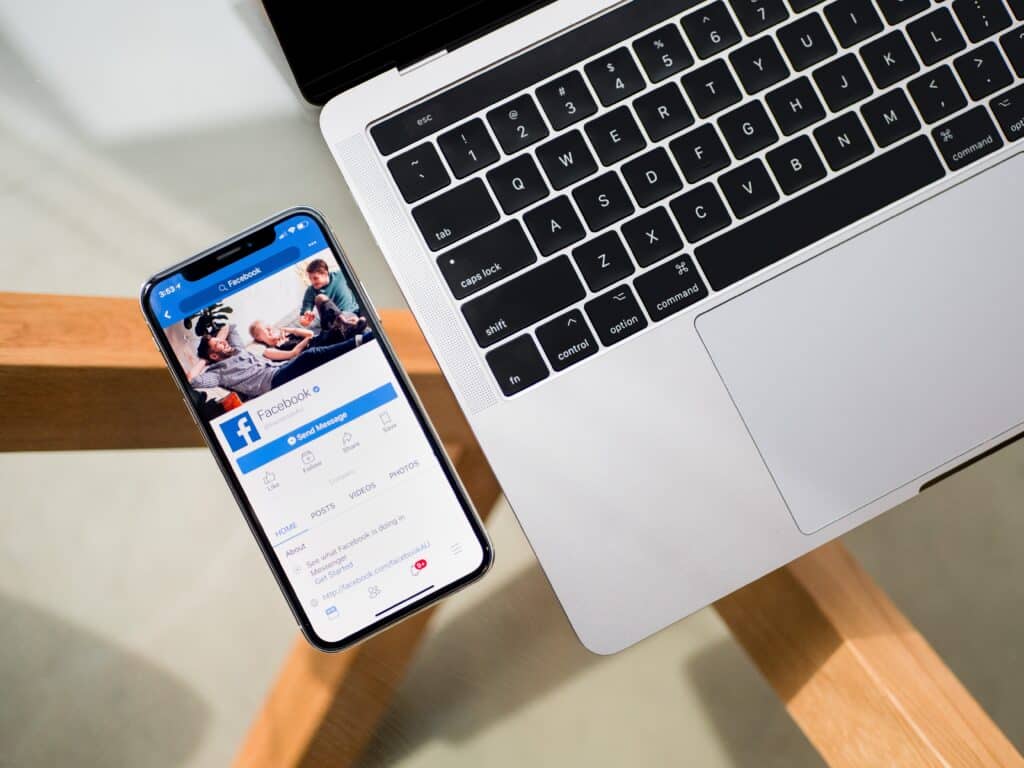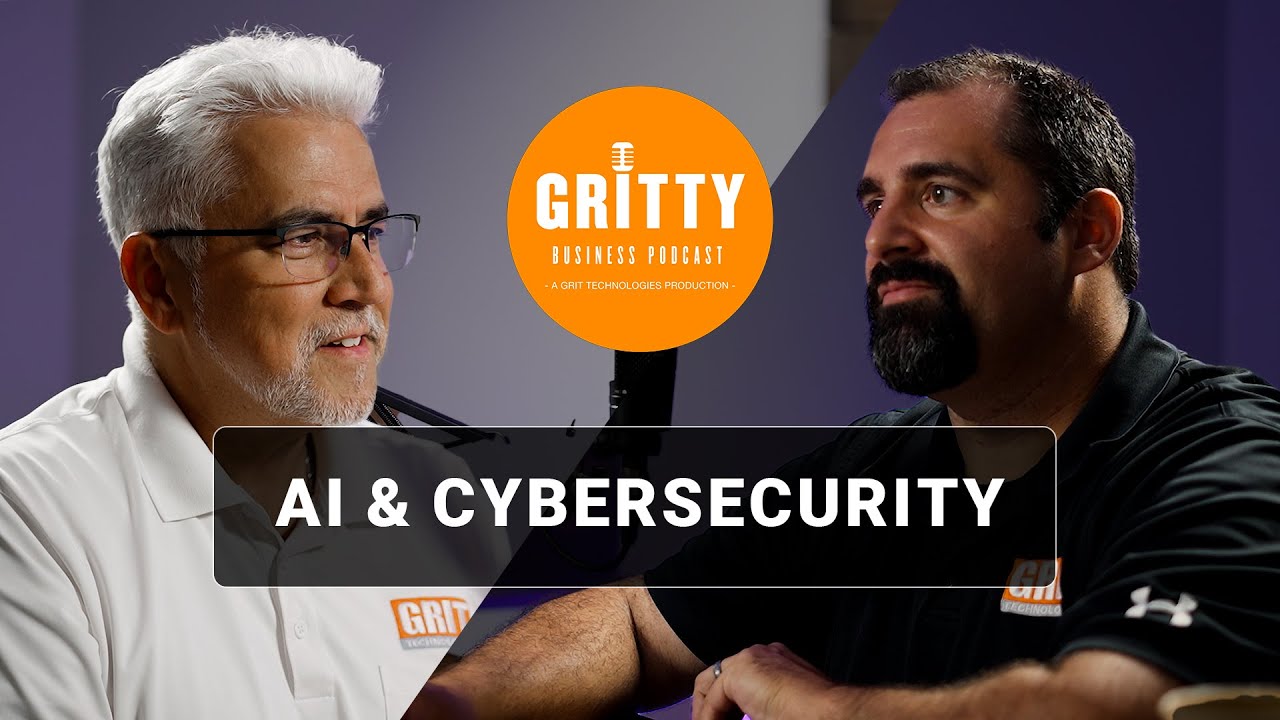
Exposed: The Dark Side of Facebook- How to Spot and Defeat Fake Accounts
Have you received a Facebook friend request from someone you’re already friends with lately? It should be fine to simply accept it, right? Unfortunately, it might be worth taking a closer look due to the increasing prevalence of Facebook scams.
In today’s digital world, social media has become a big part of our lives, helping us connect with friends and family no matter where they are. But with all the increased connectivity comes a worrying issue: fake Facebook accounts. These accounts mimic real people and can lead to scams, privacy breaches, and impersonations. In this post, we’ll dive into why these fake accounts exist, the risks they bring, and most importantly, how you can protect yourself from falling into their trap.
Motivations Behind Fake Accounts
Some people create fake accounts to pretend to be someone else. They do this to deceive and trick people into sharing personal information or engaging in harmful activities.

Impersonation
Fake accounts are often used for
scams and fraud. Scammers may impersonate someone you know, gain your trust,
and then try to manipulate you into sending money or sharing sensitive
information.
Spam and Malware
Fake accounts can be used to spread spam messages, links to harmful websites, or even malware. They may send unsolicited messages or post misleading content that can harm your computer or compromise your online security.
Social Engineering
By pretending to be someone you trust, a fake account holder may try to exploit your emotions and personal connections. They might seek access to confidential information, damage relationships, or engage in other manipulative behavior.
Dangers of Fake Facebook Profiles
Fake Facebook accounts bring
various risks. Firstly, your personal information can be at stake. Scammers can
trick you into revealing sensitive data or extort money from you using
impersonation tactics. Secondly, these accounts can distribute spam messages or
malicious links, jeopardizing your online security. Lastly, the emotional toll
cannot be ignored. Discovering that someone you thought was a trusted friend
was actually an imposter can be distressing and damage your relationships.
Tips for Protecting Yourself
Vigilance and Verification
Be cautious when receiving friend
requests, especially from people you’re already connected with on Facebook.
Take the time to verify the account’s authenticity by cross-checking with the
person through other channels like a phone call or face-to-face conversation.
Review Privacy Settings
Regularly review and adjust your Facebook privacy settings to ensure that only trusted individuals can see your personal information. Limiting the visibility of your profile, posts, and contact details can minimize the risk of exploitation by fake accounts.
Report and Block Suspicious Accounts
If you encounter a suspicious or fake account, report it to Facebook right away. They take these reports seriously and investigate the questionable accounts. Blocking the account will prevent further contact and protect you from potential harm.
With the rise in fake Facebook accounts, it’s crucial to stay vigilant and take proactive steps to protect yourself. By understanding the motivation behind these accounts, recognizing the risks, and following the tips we’ve shared, you can safeguard your personal information, maintain your online security, and preserve the integrity of your social connections. Stay aware, stay safe, and ensure that your digital social circle remains genuine and trustworthy.
Take control of your online safety today!




